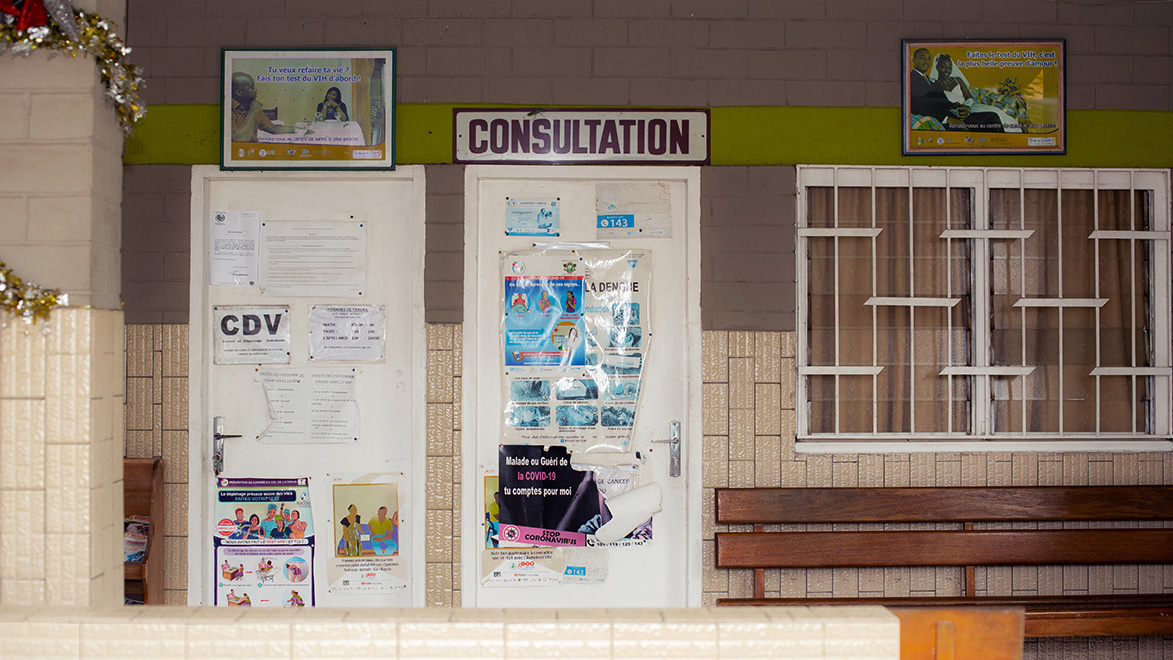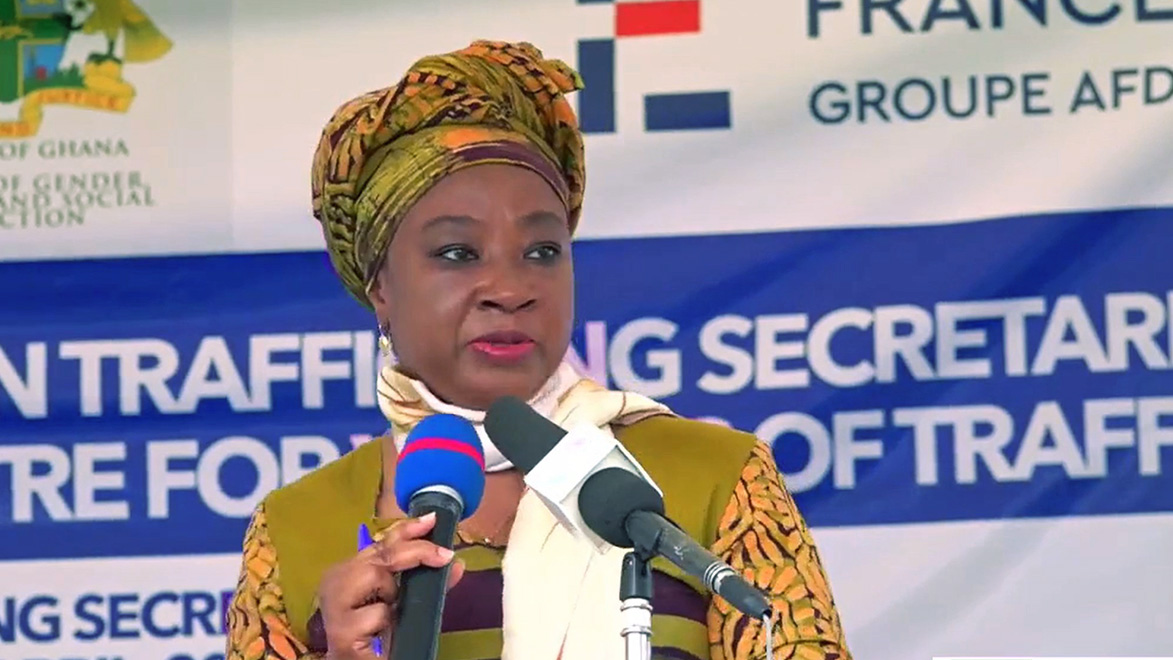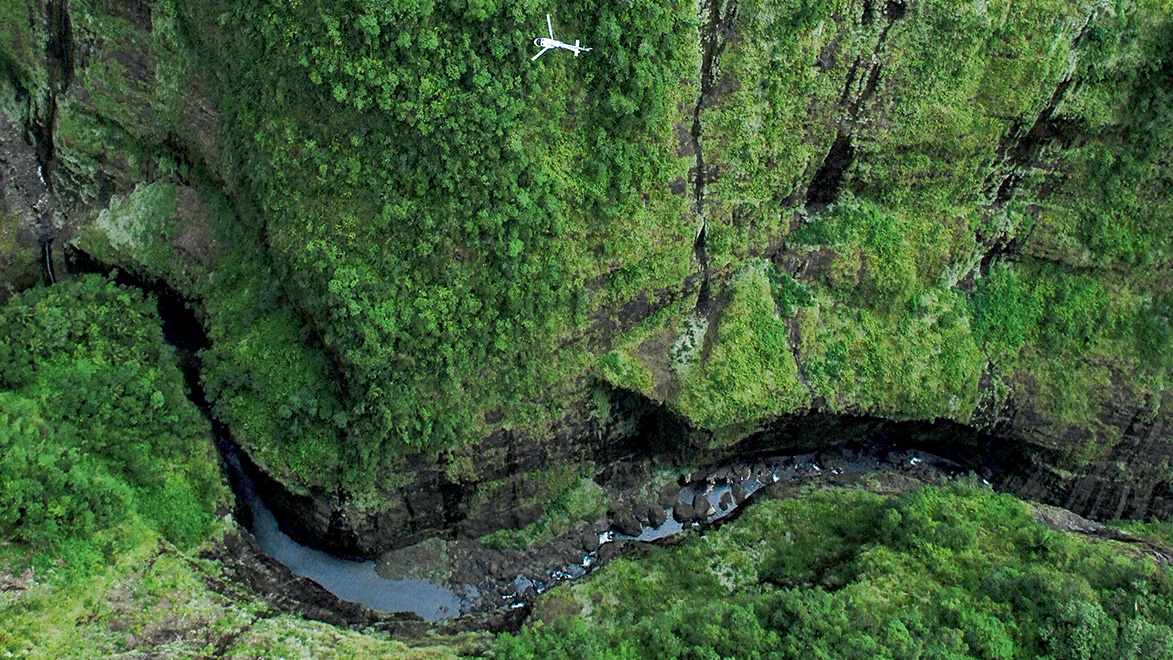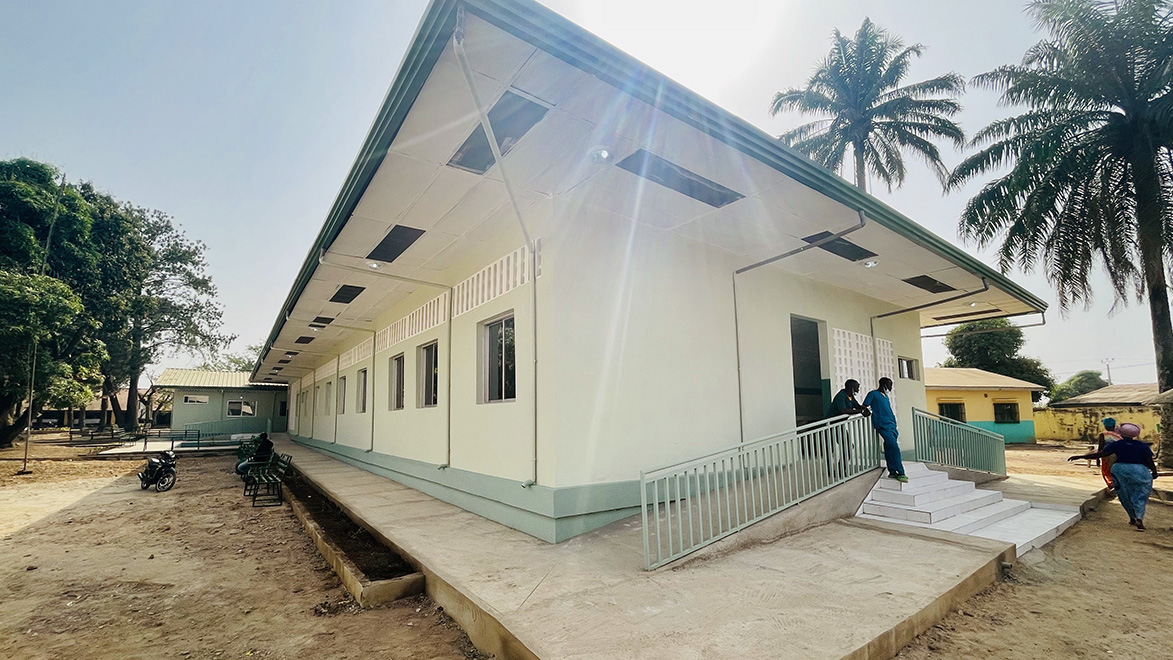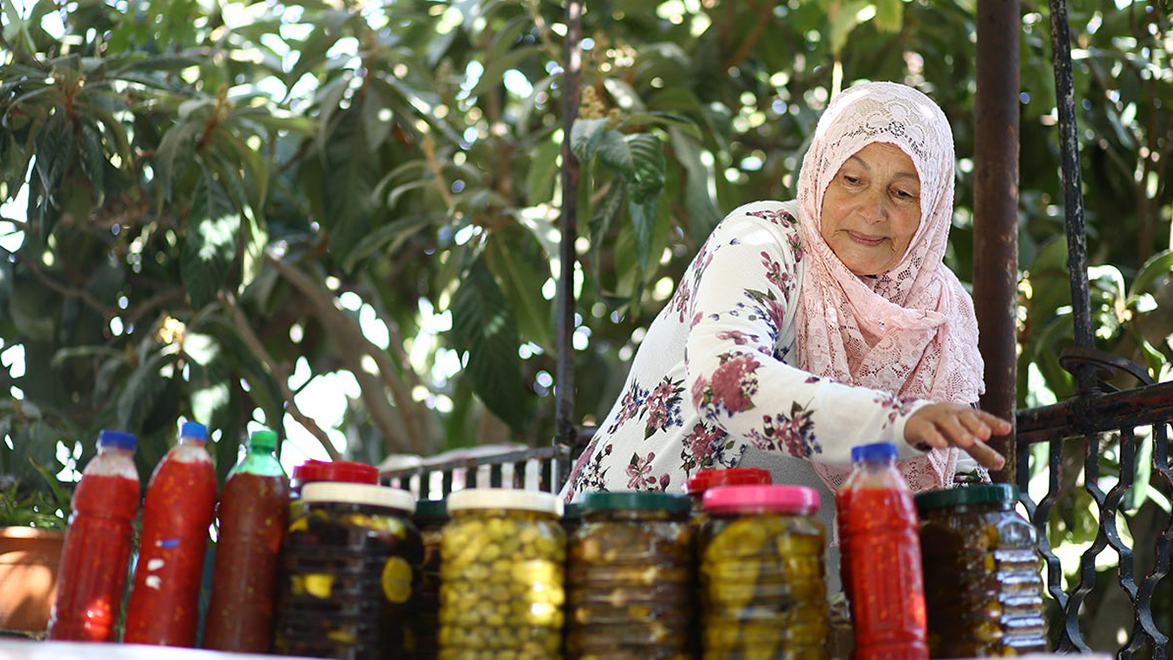SDG 16
Fighting Organized Crime in Latin America
INTERVIEW Since 2017, through the El PAcCTO program, Expertise France has been strengthening law enforcement and judicial cooperation in Latin America. Its goal is to fight transnational organized crime.
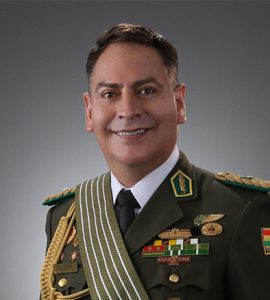
With Genera JHONNY AGUILERA,
General Commander of the Bolivian Police
What are the challenges of transnational organized crime in Latin America?
For the first time in the region, with the support of the EL PAcCTO program, seven countries have conducted a joint analysis of the threats associated with this kind of crime. The data collected by the Latin American Threat Assessment Tool (IDEAL) allowed us to identify seven major threats: drug trafficking, human trafficking and migrant smuggling, cybercrime, smuggling of goods, environmental crimes, illicit arms trafficking, and money laundering.
Transnational organized crime poses institutional challenges in all countries of the region. Latin America enjoys significant experience in this domain, for example, the integration process and the development of multilateral, intranational and international cooperation, coordination across institutions, and information and intelligence sharing. In Bolivia, institutions in charge of prosecuting these crimes have deployed Specialized Multidisciplinary Teams (SMTs). Armed with its experience, Latin America can become a key player in the field of international security.
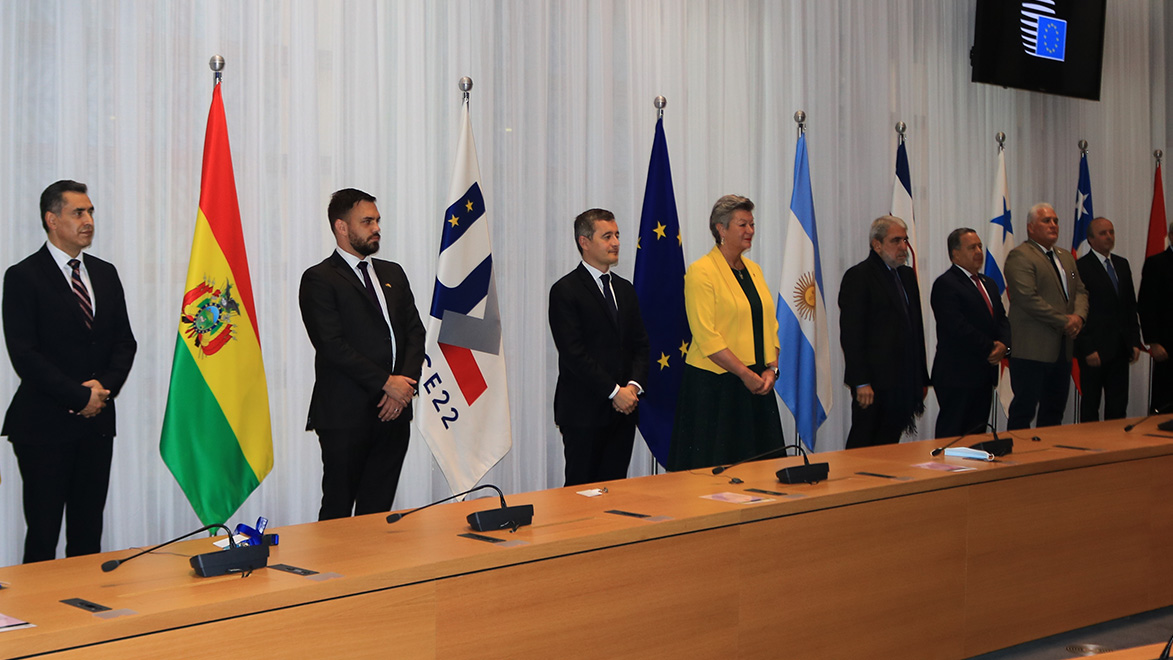
CLASI, supported by the EL PAcCTO program, has intensified the fight against transnational crime in Latin America.
The Latin-American Internal Security Committee (CLASI) was created with EL PAcCTO’s support during the French presidency of the European Union.
CLASI is a strategic initiative facilitating the coordinated design, structuring, and implementation of public policies aiming to counter transnational organized crime based on data provided by IDEAL.
This joint mechanism has at once political, strategic, and operational aspects. It will certainly constitute an important step forward in the fight against organized crime in Latin America. To establish CLASI as a key political framework for the region, we recently advanced the design of operational action plans against drug trafficking, human trafficking and migrant smuggling, and arms trafficking. Thanks to EL PAcCTO’s support, these plans were designed in a similar manner to those of the European Union and have enabled joint action in Latin American countries.
Moreover, the EU and Latin America’s joint declaration, signed under the French presidency of the European Union, established our shared will to support and fund a task force to fight drug trafficking.
Armed with its experience, Latin America can become a key actor in the field of international security.
Two SMTs were created in Bolivia to fight human trafficking and environmental crimes. Can you tell us more about that?
SMTs are advanced cross-institutional cooperation tools. They were created with the support of EL PAcCTO to strengthen the coordination between the Bolivian police and the General Attorney’s office on priority issues, such as the fight against human trafficking and environmental crimes.
The SMT dedicated to human trafficking was created in mid-2021. Its structure is decentralized, with subsidiaries in La Paz, El Alto, Cochabamba, and Santa Cruz de la Sierra. Its focal point in the Bolivian police is the Special Force for the Fight Against Crime, our elite force against organized crime.
The creation of the SMT dedicated to environmental crimes is more recent. It is tied to a principle enshrined in our Constitution, which is the defense and respect of Mother Earth. This principle expresses our will to protect our natural legacy in Bolivia, and preserve its environment, following commitments the country made to the international community.
For the Bolivian police, the creation of an environmental SMT directly stems from our decision to intensify our involvement in the Jaguar Network, which is specialized in the fight against environmental crimes and includes the European Union and Latin America as members. Our commitment in this area is unwavering, and we will continue in this struggle.
Interview conducted in May 2022
Achieving SDG 16
To be consistent with the Peace, Justice and Strong Institutions sustainable development goal, Expertise France supports partner countries in preventing and managing crises, strengthening their judicial system, and building open and peaceful societies. It also contributes to fighting transversal threats, such as terrorism and organized crime.
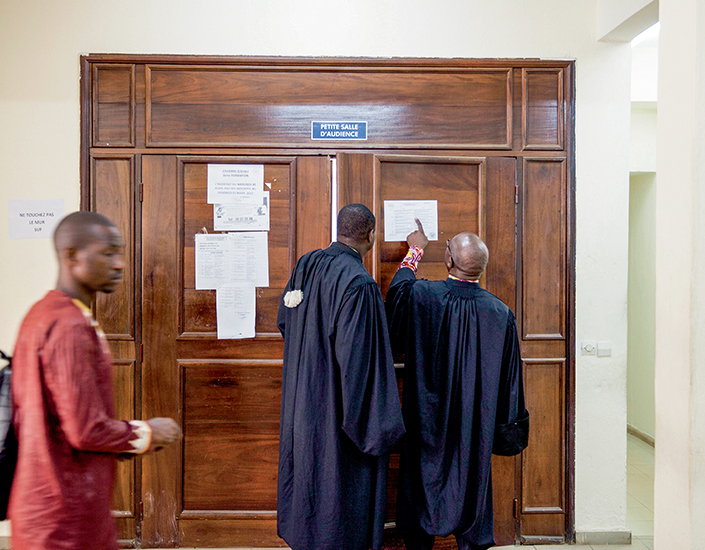
Further reading








